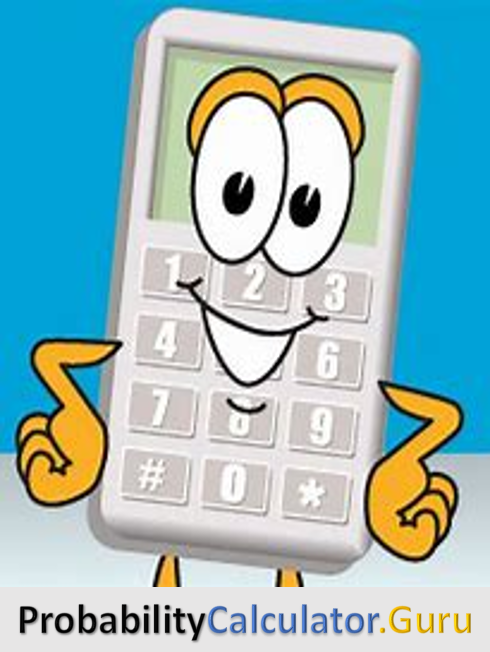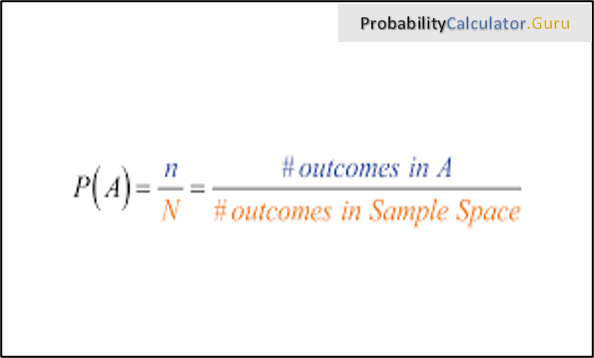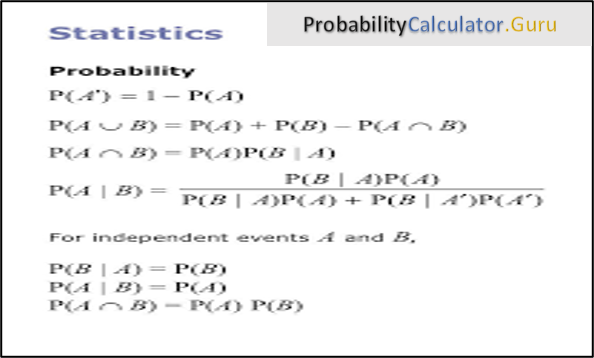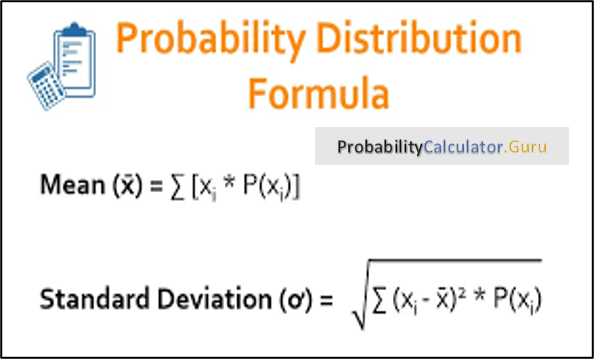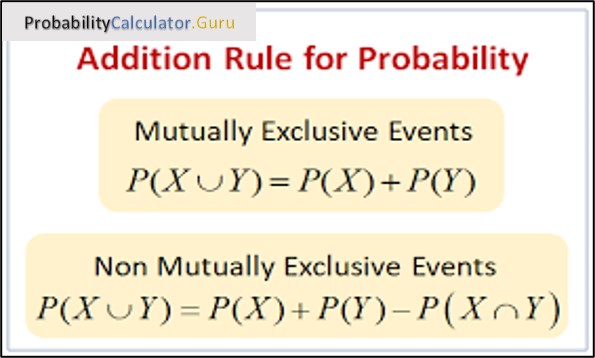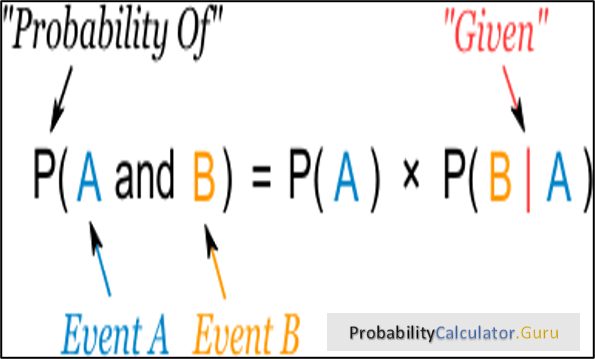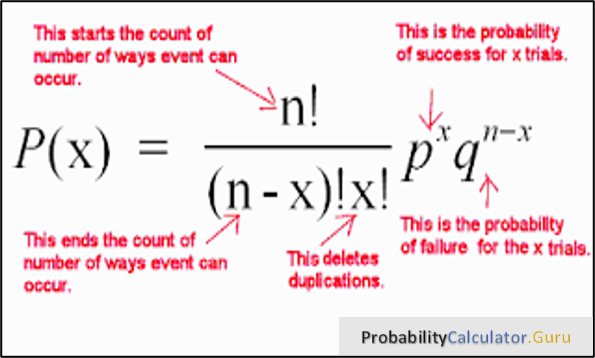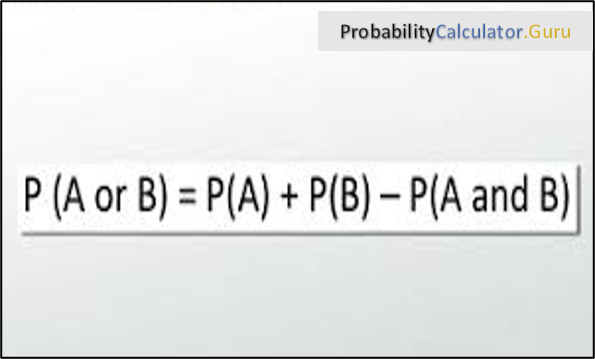Probability Calculator is a very effective approach for students or others to learn easily about all the concepts of probability theory. Basically, we have provided each and every topic-related online calculator tool that calculates basic to complex probability calculations effortlessly and quickly. Check out the detailed information about probability online calculators from the further modules and enhance your subject knowledge more.
Probability Calculator
List of Probability Calculator Tools
Here is the list of basic to advanced probability calculators that display the possible probability values for the given events. Some of the main concepts like Normal distribution, Conditional Probability, Binomial probability distribution, Poisson Probability, Risk, Independent & Dependent probability, Chi-square probability, Coin toss & flip probability, Odds, Permutations, Mean & variance probability distribution, etc. are included. All you need to do is hit on the available free online & handy probability calculators links and find the results within a fraction of seconds along with a detailed concept explanation.
+ Happy Students
+Calculators
+ Hours of Learning
+ Hard Workers

Important Probability Terms: Definition & Example
Probability Calculator is a very effective approach for students or others to learn easily about all the concepts of probability theory. Basically, we have provided each and every topic-related online calculator tool that calculates basic to complex probability calculations effortlessly and quickly. Check out the detailed information about probability online calculators from the further modules and enhance your subject knowledge more.
| Term | Definition | Example |
|---|---|---|
| Sample Space | The set of all the possible outcomes to occur in any trial |
|
| Sample Point | It is one of the possible results | In a deck of Cards:
|
| Experiment or Trial | A series of actions where the outcomes are always uncertain. | The tossing of a coin, Selecting a card from a deck of cards, throwing a dice. |
| Event | It is a single outcome of an experiment. | Getting a Head while tossing a coin is an event. |
| Outcome | Possible result of a trial/experiment | T (tail) is a possible outcome when a coin is tossed. |
| Complimentary event | The non-happening events. The complement of an event A is the event, not A (or A’) | Standard 52-card deck, A = Draw a heart, then A’ = Don’t draw a heart |
| Impossible Event | The event cannot happen | In tossing a coin, impossible to get both head and tail at the same time |

Different Types of Probability Events
The list of various probabilities event types is available here for gaining more knowledge about the probability theory. They are as follows:
- Simple Event
- Compound Event
- Certain Event
- Impossible Event
- Equally likely Events
- Complimentary Events
- Mutually Exclusive Events
- Dependent Probability Events
- Independent Probability Events
Popular Calculator
List of Popular-Calculators
Here is the list of Top 10 Popular Calculators as per our prefrences. This list is compiled as per the latest online trends and our detailed research.
Probability F.A.Q
Frequently Asked Questions on Probability
-
What is probability and example?
The definition of probability in math is a measure of the likelihood of an event to happen. Probability can range from 0 to 1, where 0 implies the event to be impossible and 1 shows a certain event. For instance, if a coin is tossed in the air then the possible outcomes are head and tail.
-
What is Probability Formula?
The standard formula to calculate the probability of an event is as given by
Probability = (Number of a Favourable outcome) / (Total number of outcomes)
P = n (E) / n (S)
Where,
- P is the probability,
- E is the event, and
- S is the sample space.
-
What are the 5 rules of probability?
Fundamental Rules of Probability: The list of five basic probability rules are furnished below;
- For any probability event A, 0 ≤ P(A) ≤ 1
- The sum of the probabilities of all possible outcomes is 1
- The Complement Rule (P(not A) = 1 – P(A))
- Addition Rule for Disjoint Events (If A and B are disjoint events, then P(A or B) = P(A) + P(B))
- The General Addition Rule (P(A or B) = P(A) + P(B) – P(A and B))
-
What are the probability types?
Here is the list of different types of probability. They are:
- Theoretical Probability
- Experimental Probability
- Axiomatic Probability
-
From where should I find online calculator tools for all probability concepts free?
You can find the online calculator tools and detailed explanation of probability concepts in math free on this page ie., probabilitycalculator.com a reliable and trusted website.
